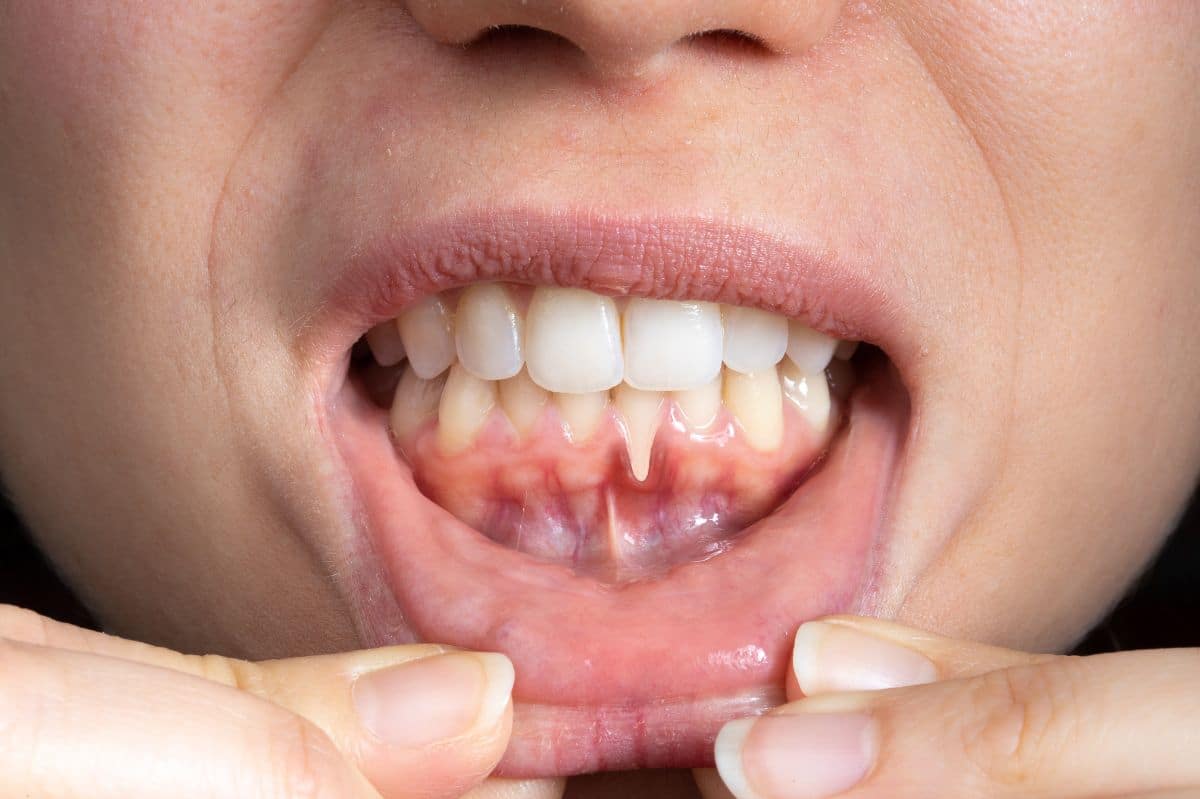Do You Need a Specialist? When Your General Dentist Might Refer You
5 minute read
All dentists in Australia are required to have expertise in treating common dental problems, but many also pursue additional studies and training to become specialists in a field of interest. If you have a more complex dental issue or need a more advanced procedure, your general dentist might refer you to a specialist, or they may have the required knowledge and experience to provide your treatment themselves.
If you’re wondering ‘do I need a dental specialist?’, read this overview of the different types of specialists, when a referral can be useful, and how general dentists and specialists work together to provide you with complete dental care. To discuss your own situation, contact our experienced dentists in Kelmscott today.
What are the differences between a general dentist and a specialist?

The main difference between general dentists and specialists lies in their scope of practice.
• General dentists provide a wide range of treatments, from routine check-ups and preventive care to corrective treatments such as fillings, root canal therapy and simple extractions. Some general dentists also provide other services such as teeth straightening, teeth replacement and cosmetic dentistry.
• Dental specialists may provide a range of treatments, but they primarily focus on a chosen field of dentistry. They have completed additional years of study and training and achieved a qualification or accreditation in their field to provide these services to a high standard of excellence. As specialists are experts in their field, they typically charge higher fees.
It’s not always necessary to consult a specialist if your treatment plan is straight-forward. Your dentist may refer you if your treatment is outside the scope of their abilities or if they think you could benefit from a second opinion. To talk to a dentist about your needs, call our friendly team on (08) 9495 7999.
Types of dental specialists
There are many specialist fields of dentistry. Specialist titles include:
- Orthodontist
- Oral and maxillofacial surgeon
- Periodontist
- Endodontist
- Prosthodontist
- Paediatric dentist
The type of specialist your dentist refers you to will depend on the dental issue you are facing. More complex issues may involve seeing more than one specialist as well as your general dentist.
Orthodontist
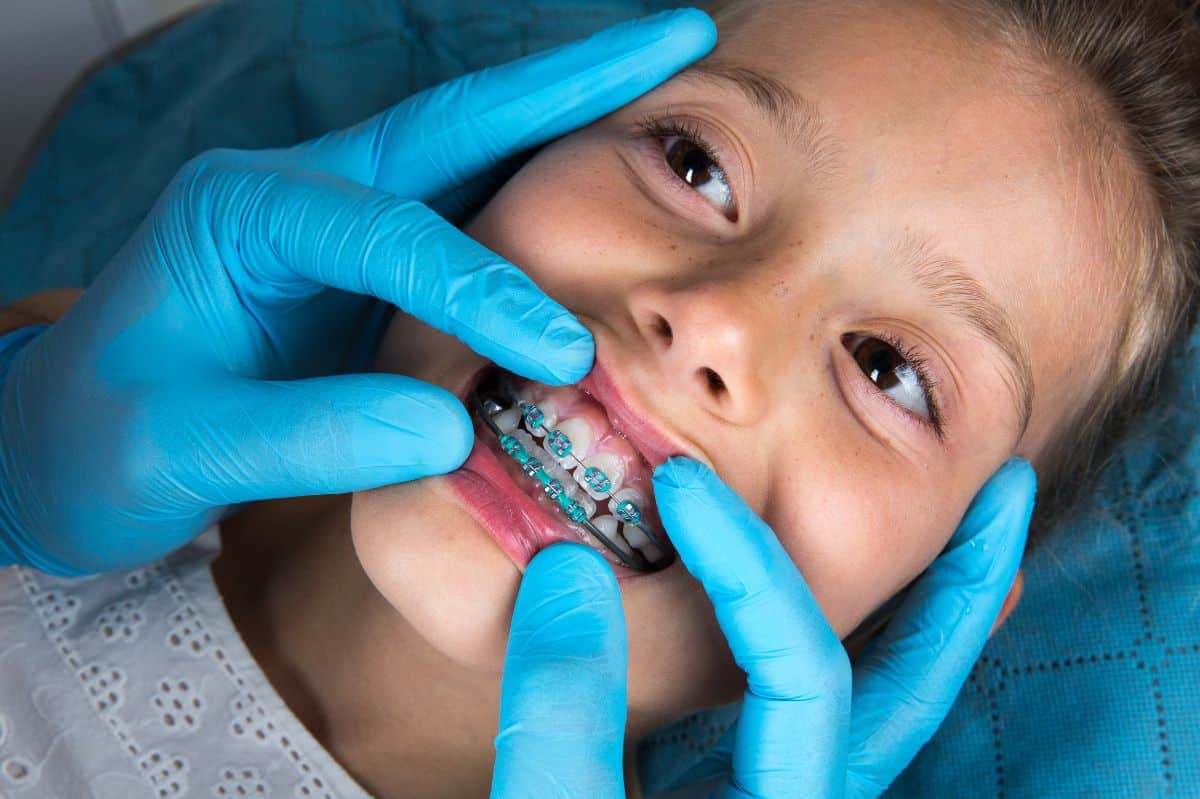
Orthodontists specialise in teeth straightening treatments to correct or improve the alignment of the teeth and jaws. They plan and provide treatments using fixed and removable appliances such as braces, clear aligners and retainers to help patients achieve functional and aesthetic goals for their smiles.
Some general dentists provide orthodontic treatments, but they may refer you to an orthodontist if you have a more complex case or want a specialised appliance. A 2022 study of dental practitioners found that 42% of general dentists provided orthodontic services, but many referred patients to orthodontists for higher quality care and satisfaction.*
* Daniel S. Lee, Taylor Sulkowski, Clare Bocklage, Sylvia A. Frazier-Bowers, Chris Wiesen, Paul Mihas, Laura A. Jacox, Identifying factors that impact general dentists’ referrals to orthodontists, American Journal of Orthodontics and Dentofacial Orthopedics, Volume 161, Issue 2, 2022, Pages e147-e171, ISSN 0889-5406, https://doi.org/10.1016/j.ajodo.2021.07.010.
Oral and maxillofacial surgeon
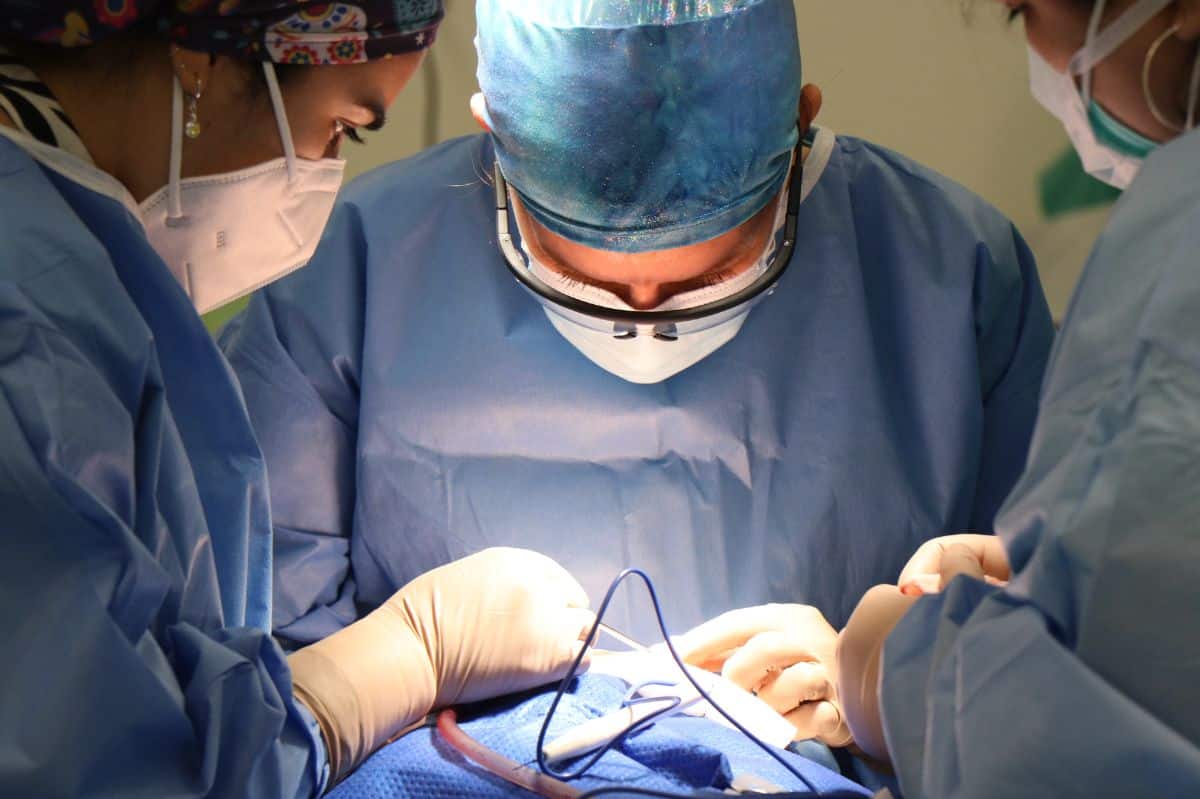
If you need a procedure that involves surgery to the teeth or jaws, such as removing an impacted wisdom tooth or placing dental implants, your dentist might refer you to an oral and maxillofacial surgeon. These specialists have the expertise to plan and carry out precise treatments with a reduced risk of damaging nearby structures in your mouth or jaw.
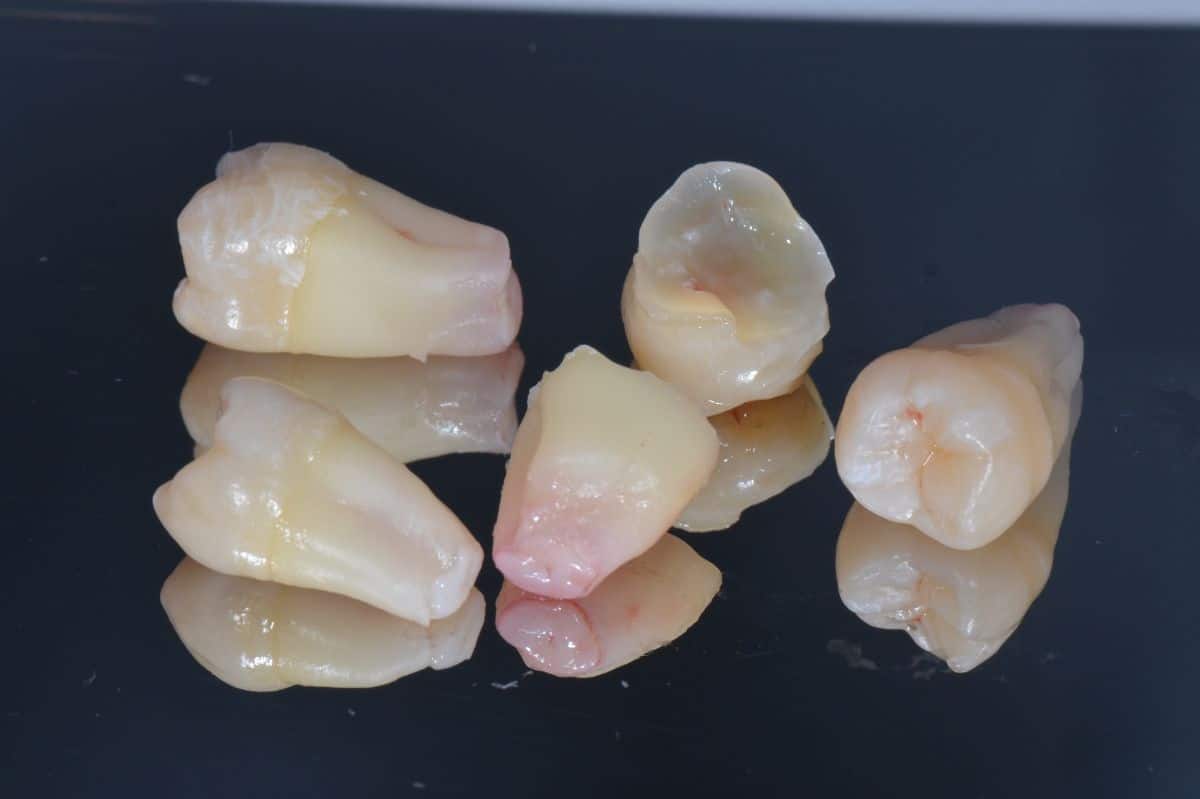
One study found that the most common reasons for referral to oral and maxillofacial surgeons were the difficulty of the procedure, the nature of the problem, and the ability to provide general anaesthesia during more complex or multiple surgeries.*
* Coulthard P, Koron R, Kazakou I, Macfarlane TV. Patterns and appropriateness of referral from general dental practice to specialist oral and maxillofacial surgical services. Br J Oral Maxillofac Surg. 2000 Aug;38(4):320-5. doi: 10.1054/bjom.2000.0299. PMID: 10922159.
Periodontist
General dentists are experienced at treating gum problems such as gingivitis, but more advanced gum disease (periodontitis) and related issues such as gum recession and bone loss in the jaw may need a specialist. Periodontists specialise in treating complex gum diseases and restoring the health of the gums. Some also offer reconstructive surgery such as gum grafting.
A study of referrals to periodontists found that their clinical skill was the most common reason for referral, followed by previous positive experiences with the general dentist and good communication.*
* Park CH, Thomas MV, Branscum AJ, Harrison E, Al-Sabbagh M. Factors influencing the periodontal referral process. J Periodontol. 2011 Sep;82(9):1288-94. doi: 10.1902/jop.2011.100270. Epub 2011 Feb 2. PMID: 21284554.
Endodontist
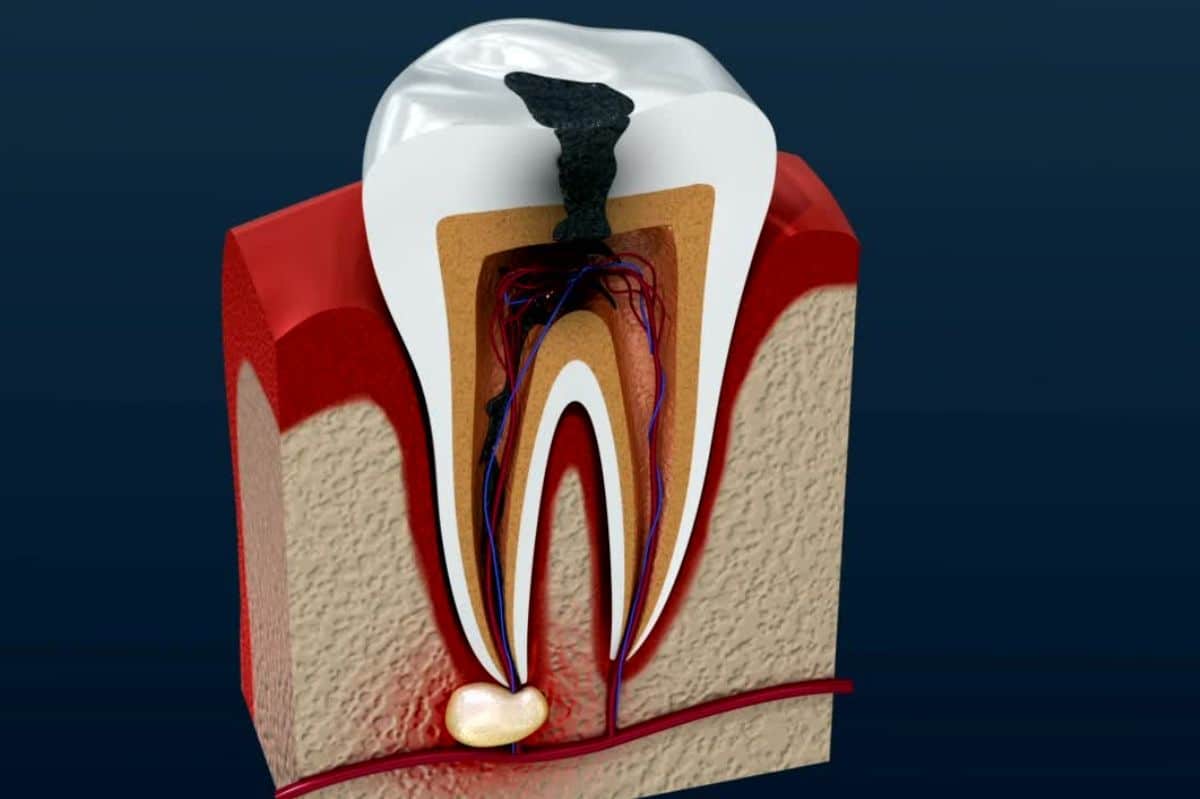
Endodontists specialise in treatments involving the inner tooth and pulp tissue. While all general dentists are qualified to provide root canal therapy to treat pain or infection of a tooth, they may refer you to a periodontist if you have a more complex problem or a more severe tooth infection.
According to one study, common reasons for referral to a periodontist were persistent tooth pain, swelling in the gum or sinus tract, and indications that a more complex problem may be present, such as those involving the surrounding jaw bone or nerves.*
* Kim S. Prevalence of referral reasons and clinical symptoms for endodontic referrals. Restor Dent Endod. 2014 Aug;39(3):210-4. doi: 10.5395/rde.2014.39.3.210. Epub 2014 Jun 23. PMID: 25110645; PMCID: PMC4125585.
Prosthodontist
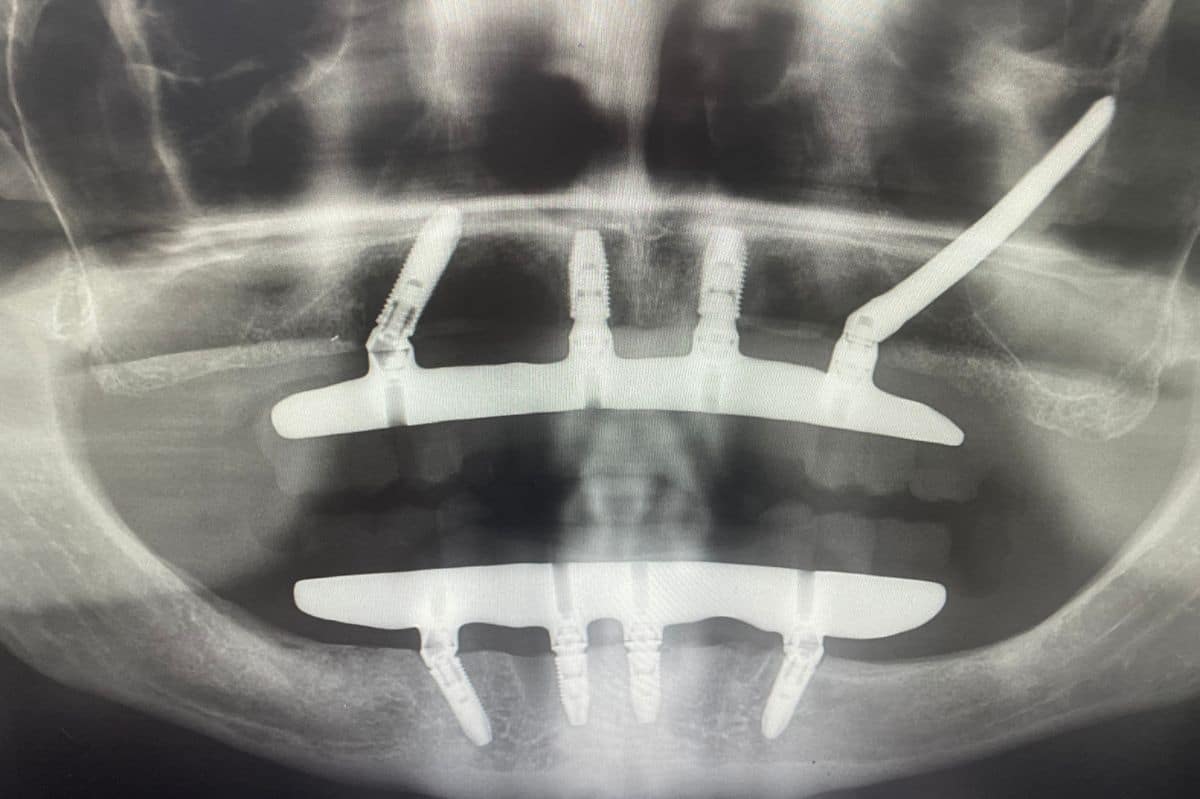
Prosthodontists are dentists who specialise in designing and fitting prosthetics such as crowns, bridges, dentures and dental implants to restore or replace teeth. Some general dentists are skilled in these areas, but they may refer you to a prosthodontist if you need advanced treatment planning to address jaw alignment issues, aesthetics and bite at a very advanced level.
Prosthodontists work closely with patients to help them achieve their functional and aesthetic goals from their new teeth. They understand how different structures in the mouth, jaw and face work together to create a functional and attractive smile, and they can plan treatments for the best results.
Paediatric dentist (kids’ dentist)
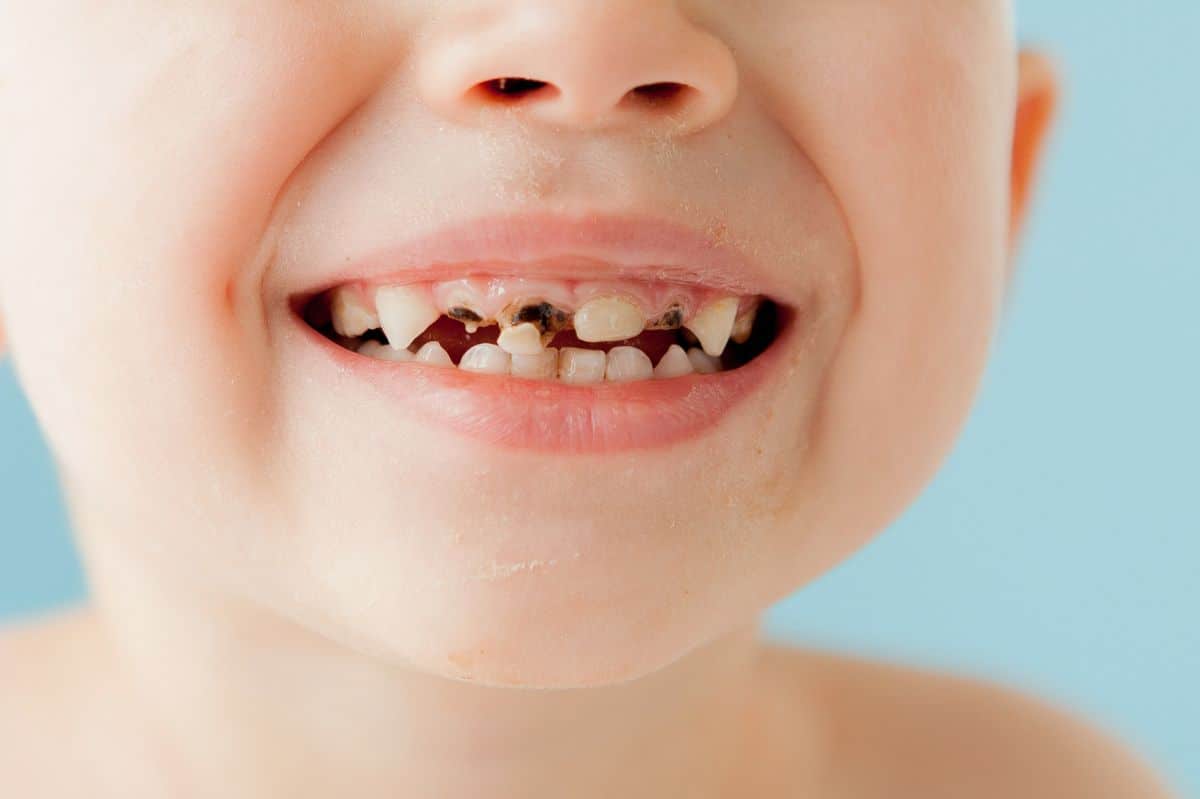
Paediatric dentists specialise in providing dental care for children. While all dentists provide dental care for patients of all ages, more complex cases involving children can sometimes benefit from the expertise of a specialist. Paediatric dentists have a more thorough understanding of children’s mouths and risk factors and may have more experience providing a complete range of corrective and preventive treatments, from sealants and fillings to early orthodontics. They are also often more experienced in managing children who are anxious, uncooperative, or unwilling patients, using techniques designed to help put them at ease.
When do dentists make a referral to a specialist?
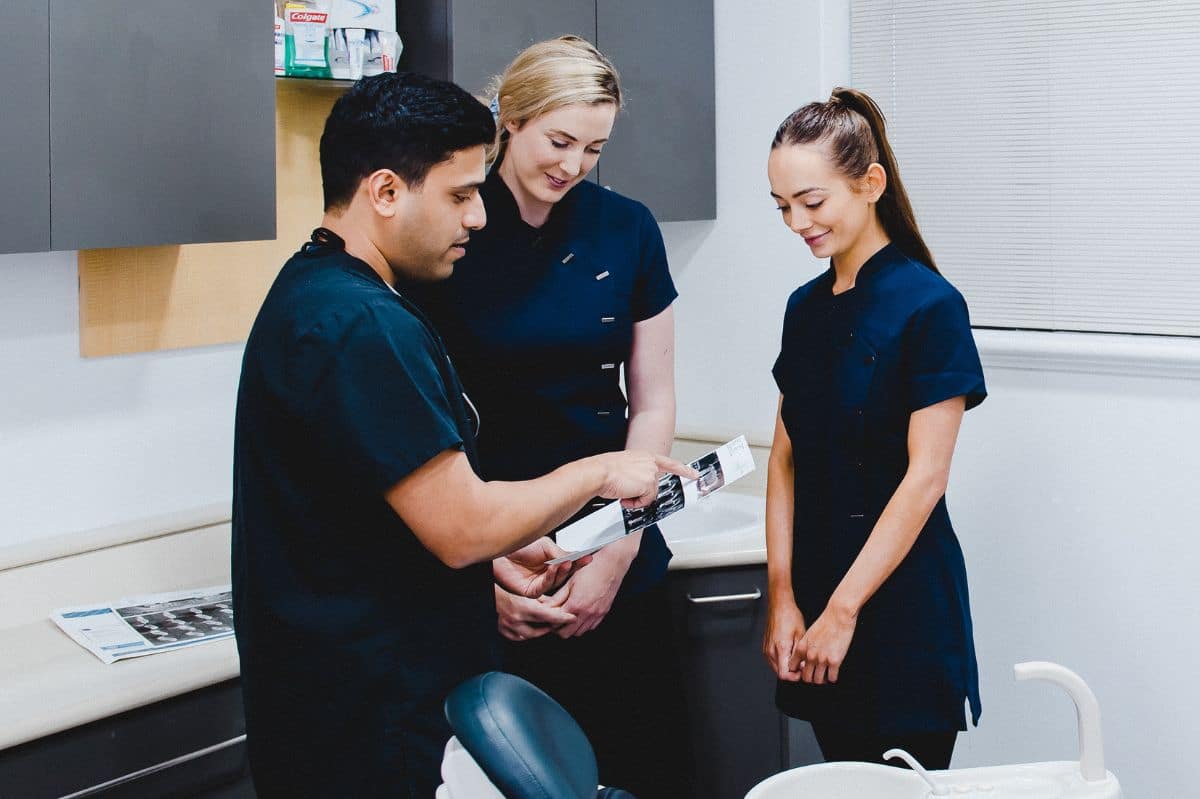
Dentists will often work in conjunction with specialists to deliver holistic treatment plans for clients. Your dentist may refer you to a specialist for different reasons, including:
• Complex cases: If you have more severe tooth damage, misalignment or other issues, this may be beyond the scope of a general dentist to treat, or they may think you could benefit from a second opinion.
• Chronic conditions: If you have a recurring problem such as persistent gum disease, an infection or another condition that requires ongoing management, seeing a specialist could improve your long-term care.
• Advanced procedures: If you’re having a procedure that involves specialised expertise or equipment that your general dentist lacks – such as oral surgery, non-standard dental implants or advanced cosmetic procedures – they can refer you to an experienced specialist in the field.
Even if your dentist is confident in their abilities, you are always entitled to seek another diagnosis from a specialist or another suitably qualified practitioner and to discuss their recommendations for treatment plans to make sure you know all your options before you commit.
What to expect when being referred to a specialist
Seeing a specialist is a similar process to having treatment with a general dentist. While your dentist will provide some details, the specialist will make their own diagnosis and treatment plan.
• Initial consultation: Your specialist will ask about your symptoms or concerns and what results you want to achieve. They will carry out a detailed assessment and discuss the most suitable treatment options to help you.
• Treatment planning: If you decide to go ahead with a treatment, your specialist will draw up a personalised plan detailing everything involved in the treatment, including the timeline and costs.
• Collaboration with your general dentist: In some cases, your general dentist and specialist may work together to cover all aspects of your dental care.
Can a specialist treat everything?
The expertise of a specialist can be invaluable when you need advanced or specialised care, but they’re not a replacement for a general dentist when it comes to ongoing care and maintenance. You should still see a dentist for routine dental services such as check-ups and teeth cleaning and treatments that are within their scope of care.
If you’re seeing a specialist for a long-term treatment or a persistent problem, they will coordinate with your general dentist to handle different aspects of your care. Keeping up with your regular dental visits can help you maintain good oral health and prevent issues that might need a specialist referral if left unchecked.
What our patients say
“I recently had surgery at Kelmscott Dental, performed by Dr. Rainer, and I can confidently say it was a 10/10 experience. Dr. Rainer was professional and made me feel comfortable throughout the procedure. The staff at Kelmscott Dental were welcoming and supportive, ensuring that all my concerns were addressed. I appreciate the care I received and highly recommend this practice for anyone considering dental surgery.” – Dylan Splatt
“Excellent service from Dr. Abraham Thavamani and the reception. Dr. Thavamani is honest and gave me treatment for my situation. Would highly recommend anyone considering a second opinion, especially if you have some major work on the teeth.” – Jobin John
General dentists and specialists in Perth
If you need to see an expert about an oral health problem or other concern, our experienced dentists in Kelmscott can work with dental specialists to provide you with holistic dental care. Call us today on (08) 9495 7999 or book a consultation. We also welcome patients from Armadale, Gosnells and all nearby areas.
References
- Daniel S. Lee, Taylor Sulkowski, Clare Bocklage, Sylvia A. Frazier-Bowers, Chris Wiesen, Paul Mihas, Laura A. Jacox, Identifying factors that impact general dentists’ referrals to orthodontists, American Journal of Orthodontics and Dentofacial Orthopedics, Volume 161, Issue 2, 2022, Pages e147-e171, ISSN 0889-5406, https://doi.org/10.1016/j.ajodo.2021.07.010.
- Coulthard P, Koron R, Kazakou I, Macfarlane TV. Patterns and appropriateness of referral from general dental practice to specialist oral and maxillofacial surgical services. Br J Oral Maxillofac Surg. 2000 Aug;38(4):320-5. doi: 10.1054/bjom.2000.0299. PMID: 10922159.
- Park CH, Thomas MV, Branscum AJ, Harrison E, Al-Sabbagh M. Factors influencing the periodontal referral process. J Periodontol. 2011 Sep;82(9):1288-94. doi: 10.1902/jop.2011.100270. Epub 2011 Feb 2. PMID: 21284554.
- Kim S. Prevalence of referral reasons and clinical symptoms for endodontic referrals. Restor Dent Endod. 2014 Aug;39(3):210-4. doi: 10.5395/rde.2014.39.3.210. Epub 2014 Jun 23. PMID: 25110645; PMCID: PMC4125585.



